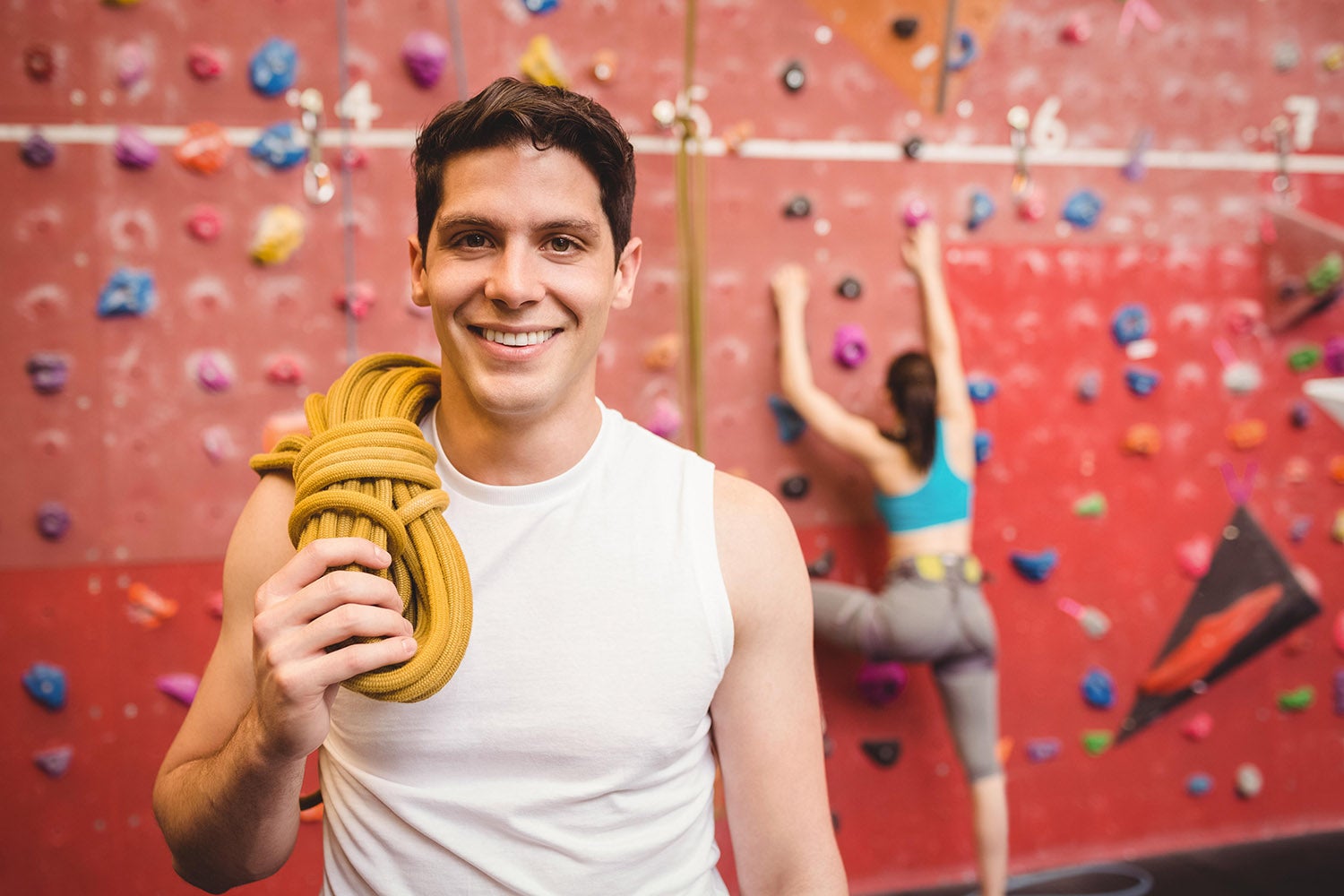A degree isn’t just a piece of paper, it’s an opportunity to develop
How can your degree set you up for life after graduation, and what can you do as a student to prepare? Russ Thorne finds out

Your support helps us to tell the story
From reproductive rights to climate change to Big Tech, The Independent is on the ground when the story is developing. Whether it's investigating the financials of Elon Musk's pro-Trump PAC or producing our latest documentary, 'The A Word', which shines a light on the American women fighting for reproductive rights, we know how important it is to parse out the facts from the messaging.
At such a critical moment in US history, we need reporters on the ground. Your donation allows us to keep sending journalists to speak to both sides of the story.
The Independent is trusted by Americans across the entire political spectrum. And unlike many other quality news outlets, we choose not to lock Americans out of our reporting and analysis with paywalls. We believe quality journalism should be available to everyone, paid for by those who can afford it.
Your support makes all the difference.To what extent can your degree prepare you for life beyond university? It depends what you mean by “degree”. The piece of paper alone won’t do it, according to Gareth Hughes, psychotherapist and researcher at the University of Derby. “But the experience of being a student, developing the ability to think extensively and solve problems, meeting lots of different people and challenging yourself, that can really help prepare you for the next stage – whatever you want that to be.”
To set yourself up for graduate life, while you're a student, Hughes advocates striking a balance between your course and the many other things on offer. “If you only focus on grades, there’s a strong possibility that you won’t be as prepared for the world outside afterwards,” he says. “If you focus on learning as much as you can, and engage with all the opportunities presented by the university, you'll be in a much better position to thrive after you graduate.”
Those opportunities come in a range of forms and can give you experiences that will help you develop as an individual as well as enter the job market, suggests Kate Colechin, pre HE careers consultant at UWE Bristol. Again, it's not just about the piece of paper. “It's important to recognise the weight that employers place on having particular skills such as resilience, problem solving, initiative and team working,” says Colechin. “You must use every opportunity to develop these skills.” The good news is that many of the activities on offer at university – sports, clubs and societies, work experience, meeting new people – can and do develop your skills, often in the background, while forming a vital part of your general student life.
Indeed, Tom Parratt found that walking the line between study and socialising paid dividends on several fronts. He has just graduated from a television production degree at Bournemouth University and now works for a local media company. “Being a student taught me a great deal about searching and acting on opportunities, both in my studies and in my social life,” he says. “I learnt how to work well with others, make friendships and network well with professionals.”
Parratt is sure that being more confident and comfortable with himself as a result of his student experiences helped him land his graduate job. What's his advice to current students? “Find a balance between your studies and things you need to do away from that,” he says. “Give yourself time for breakfast, lunch and dinner, and try and make time in the week to do what you want to do.”
Join our commenting forum
Join thought-provoking conversations, follow other Independent readers and see their replies
Comments